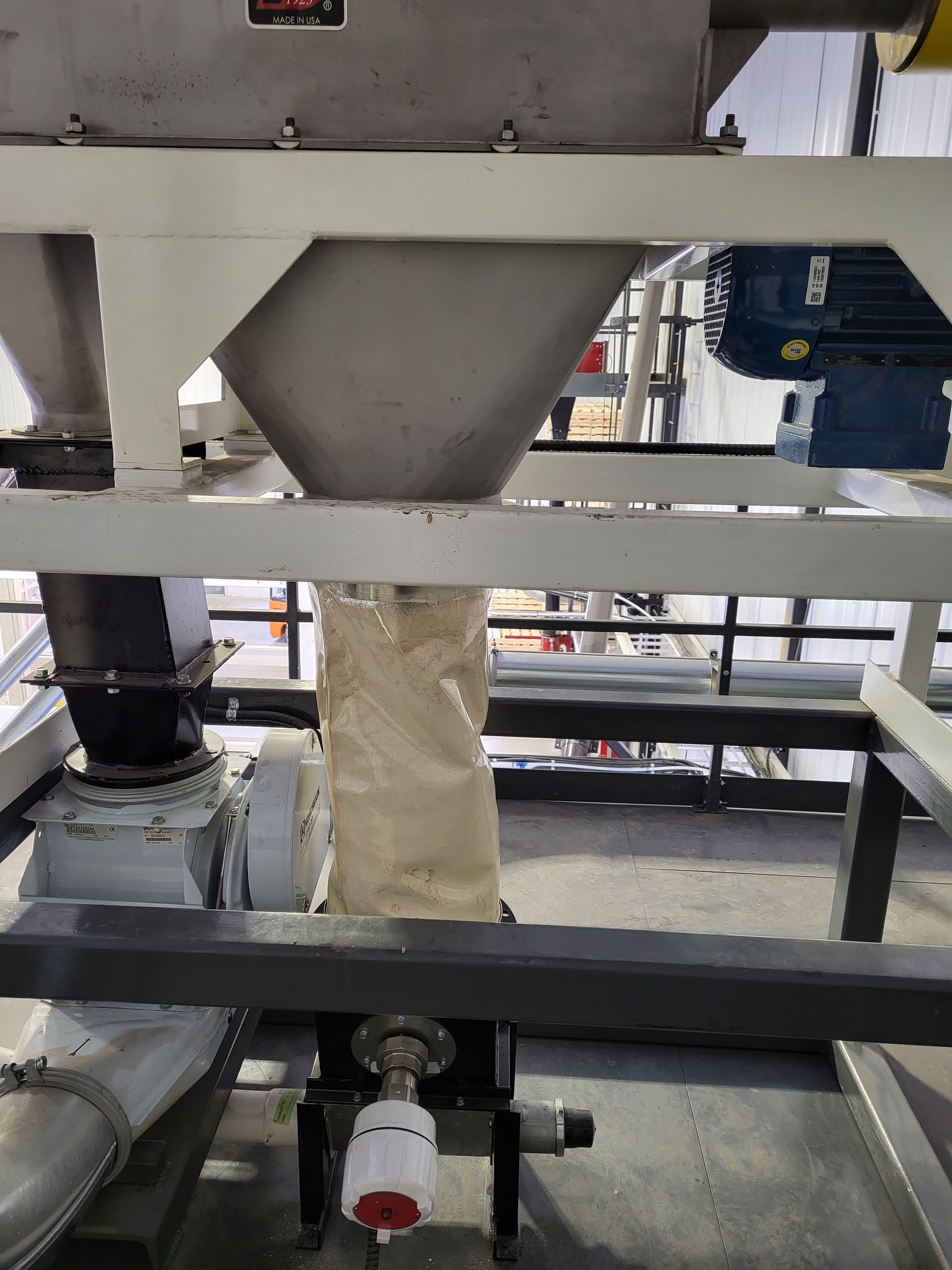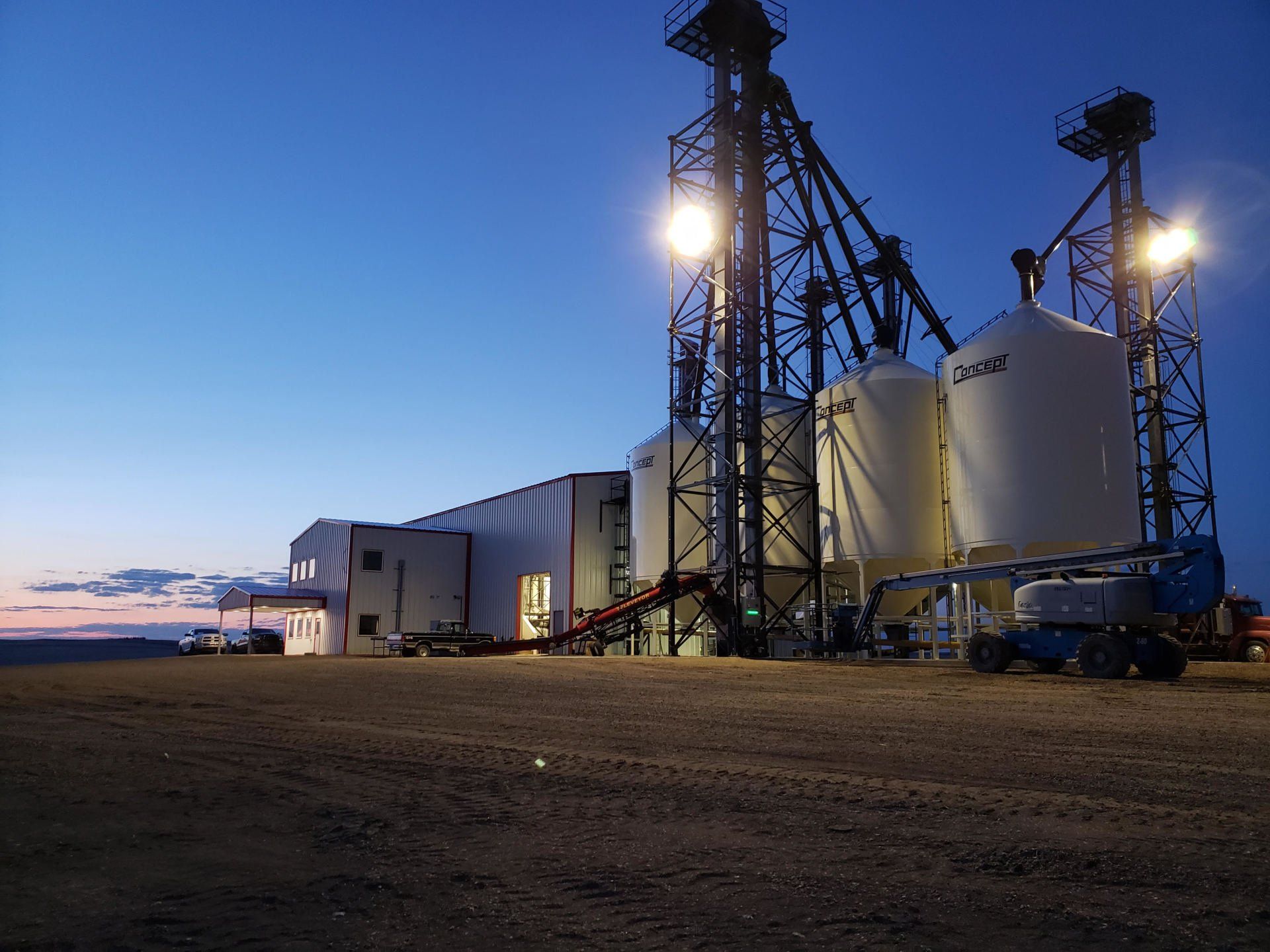Why Buy Grain From Axten Farms
At Axten Farms, we prize sustainability above all else. That’s why we work hard to farm the land without adding to the environmental load the Earth already has to bear. On our family-owned grain farm located in Southern Saskatchewan, we do this in several ways.
We Use No-Till Faming Methods
For one thing, we use no-till farming methods. We believe that soil is one of the greatest natural resources on the planet, and we take pains to protect it. Unfortunately, many agricultural practices today damage and deplete soil, and it takes years if not decades for it to return to its natural, arable state. We avoid that with controlled traffic farming methods, which reduce the stress put on soil by heavy machinery. We always stay in the same wheel tracks when using tractors and other machinery, thereby avoiding further soil compaction. This allows water and nutrients to penetrate easily, keeping them healthy and making it easy to grow in them.
Our Farming Methods Protect The Water Supply
Our farming methods also protect the water supply now and in the future. Because no-till farming keeps soil intact, our practices reduce the amount of naturally occurring nitrates and phosphorous entering streams and lakes, where they can endanger the ecosphere. And our farming methods require fewer inputs overall, which means a reduced load on the environment, cleaner water, better soils and a sounder ecosphere for longer.
Our goal is to be a part of the movement to heal the Earth, and we believe our farming methods help us do just that. When you source your grains, legumes, pulses and seeds through our farms, you know you’re a part of that effort too.
Plus, when you buy bulk grain from us, you’re also making a smart decision financially. We stand by our products, which is why we work directly with the people buying and using them. Because of that, you always know exactly where your food is coming from when you buy from us. We value trust, and we live that value every day. By buying from us, you make a smart decision for your health and the health of the planet.
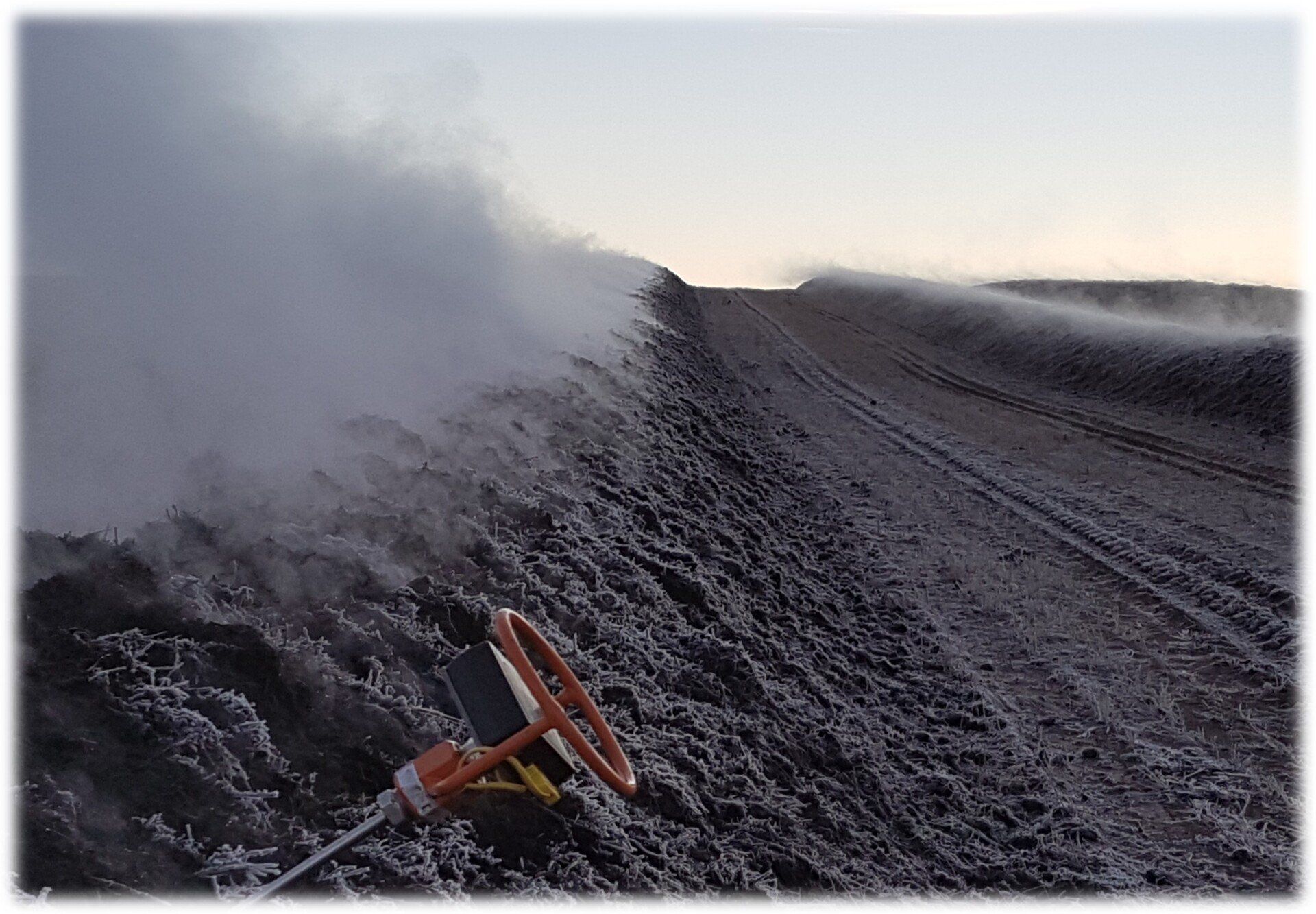
Making compost has become an excellent way for us to recycle byproducts and supply beneficial microorganisms and nutrients to the soil. At this point, we cannot make enough compost to spread on every acre we own, so making compost extract is a way we can reach every acre. Diverse microorganisms are essential for healthy soil. Below is a video to explain how we make compost extract.
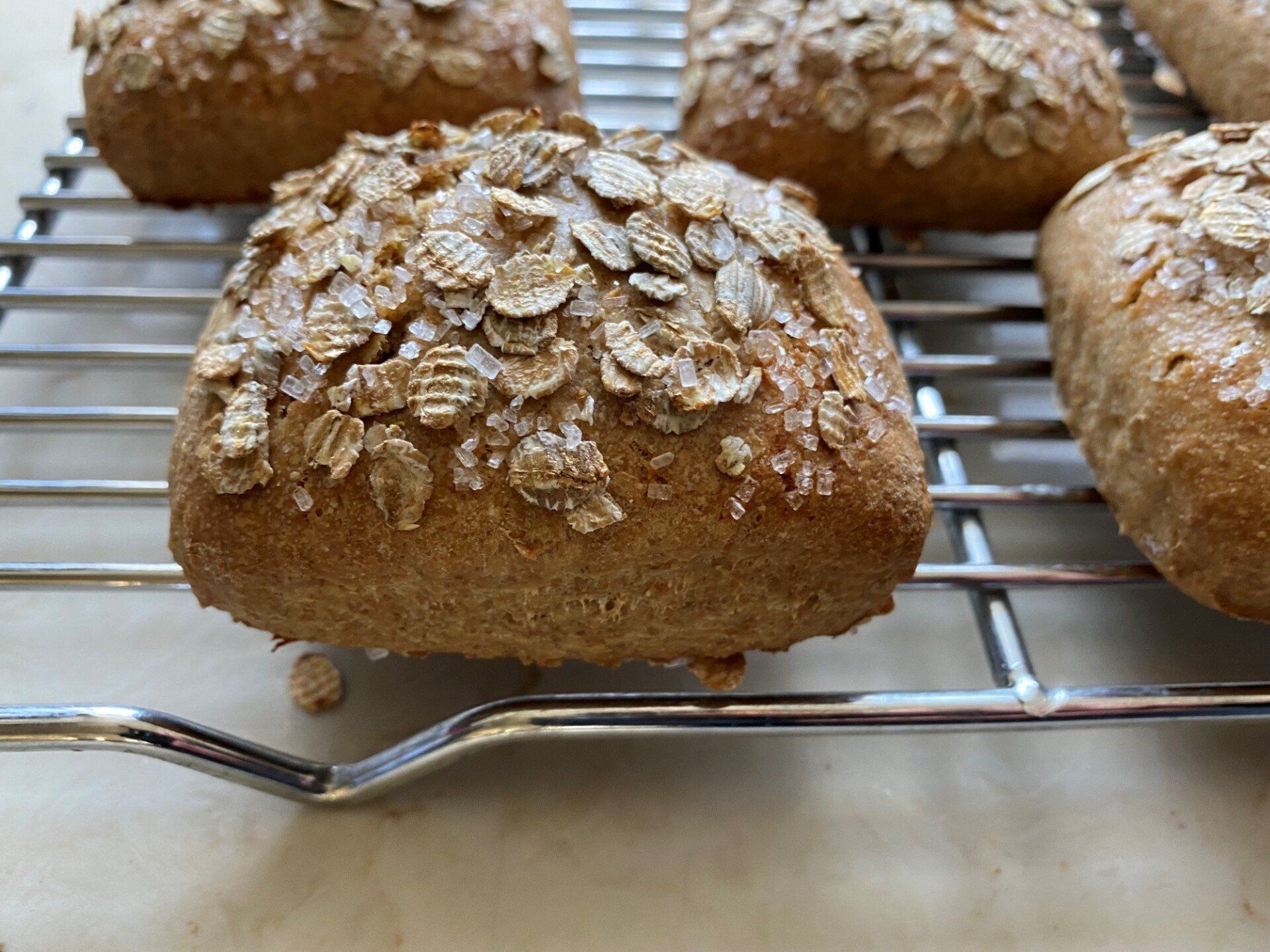
If there is one thing we have learned while farming, it is to keep an open mind. Being open to new ideas has challenged our way of thinking and pushed us to constantly make improvements in our farming system. Seeing our grains as food instead of a commodity has been a great transition. We want to see our products go to those who are as passionate about their ingredients and food as we are about our grains. Introducing and selling our grains to a direct market requires a brand-new perspective. A new perspective is exactly what we needed on our farm team…a cook’s perspective! We are so honored and thrilled to be working with Bridget Bueche. Bridget is a classically trained chef who has in-depth knowledge of food ingredients. She has worked nationally with consumers, farmers, retailers, and manufacturers in their supply-chains to understand and convey the necessity and importance of high quality and nutrient-dense foods. From our farmer perspective, we see the story behind the grain…the field and soil in which it was grown, the amount of rainfall it received, the day it was harvested, etc. Every grain we grow is something we look at with pride and satisfaction. Bridget adds a whole new perspective on our grains. She sees our high food quality and full-flavored single-sourced grains. Bridget is excited to share our story and bridge the communication gap between farmers, food manufacturers, food artisans, home food enthusiast, wellness seekers, doctors, and their patients. Opening our eyes to new perspectives is inspiring and exhilarating! If you have any questions about our products or wholesale purchases, please contact Bridget at bridget@axtenfarms.ca
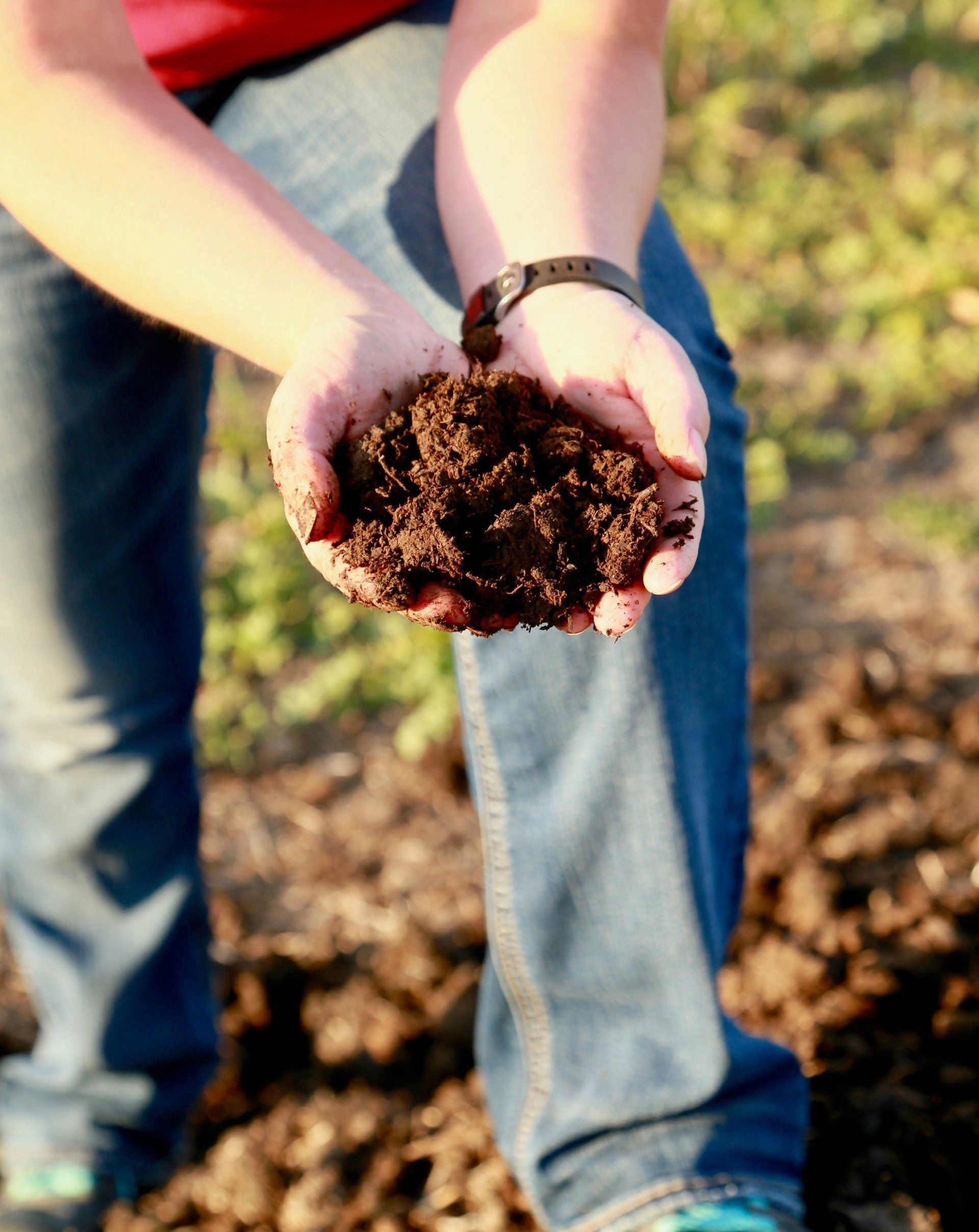
On July 2nd & July 3rd, 2019, Axten Farms will be hosting two 1 day workshops at Minton, Sask. Dr. Christine Jones will share the latest on Quorum Sensing and Autoinducers and Gerry Gillespie will show us how to make biological products and compost using the SPICE method. Limited space available. $250/person or $400/pair For More information and to Register email tannis@axtenfarms.ca
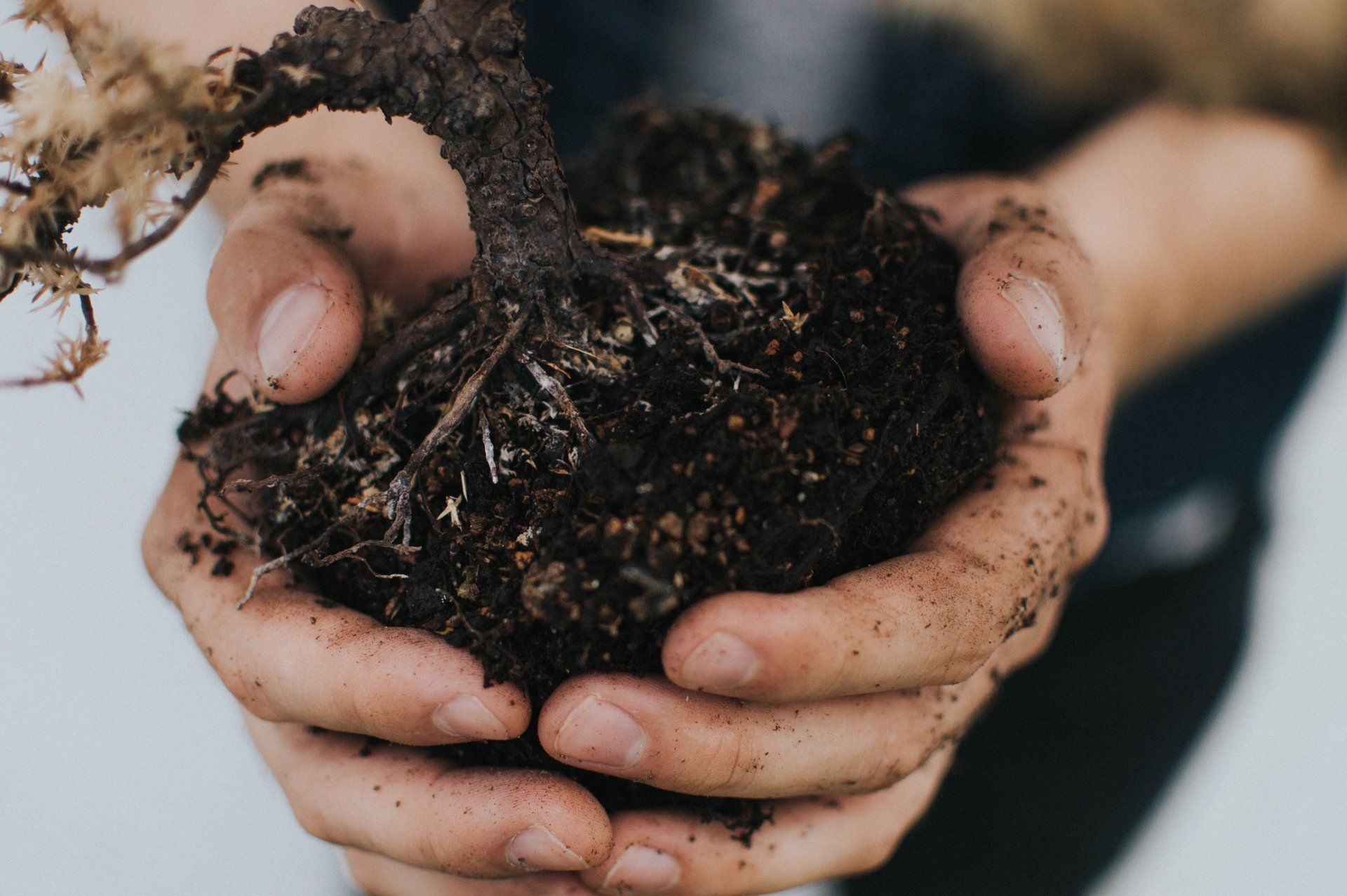
The 2017 crops have been seeded. Once again we have seeded many intercrops to increase our diversity. We have lentils/flax, mustard/maple peas, sunflowers/hairy vetch, chickpeas/flax, canola/chickling vetch, and canola/winter peas. The cereals (oats and durum) were not seeded as an intercrop, but were seeded with clovers as a companion crop.
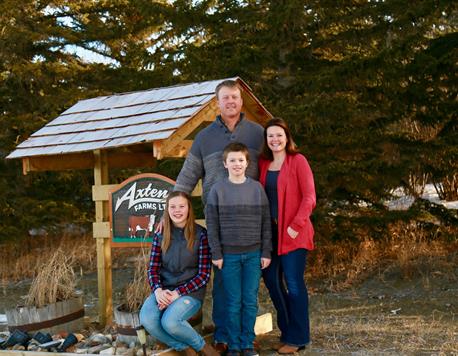
Axten Farms is a multigenerational farm that we are proud to be part of. The first Axten’s arrived in the Minton, Saskatchewean area in 1916, and we farm that original homestead today. Thanks to the hard work and dedication of our ancestors, we have expanded our farm and made it what it is today. In 1973, the corporation, Axten Farms Ltd. was formed. In the beginning, it was believed that in order to turn the natural prairie into productive farm land, it would have to be worked. At this time, the only way to control weeds and plant your seeds was to aggressively work and disturb the soil. Over the years, the idea of summer fallow also became popular. This is where farmers, including us, only seeded half the farm, while spending the summer cultivating the remainder of the land to control weeds and let the soil “rest”. As farmers watched their top soil blow away from the constant working of the soil, and herbicides were introduced, many farmers began to chem-fallow. Land that was not seeded was sprayed with chemicals that would control the weeds and keep anything from growing.


